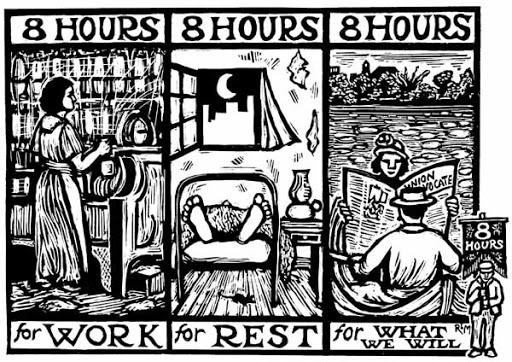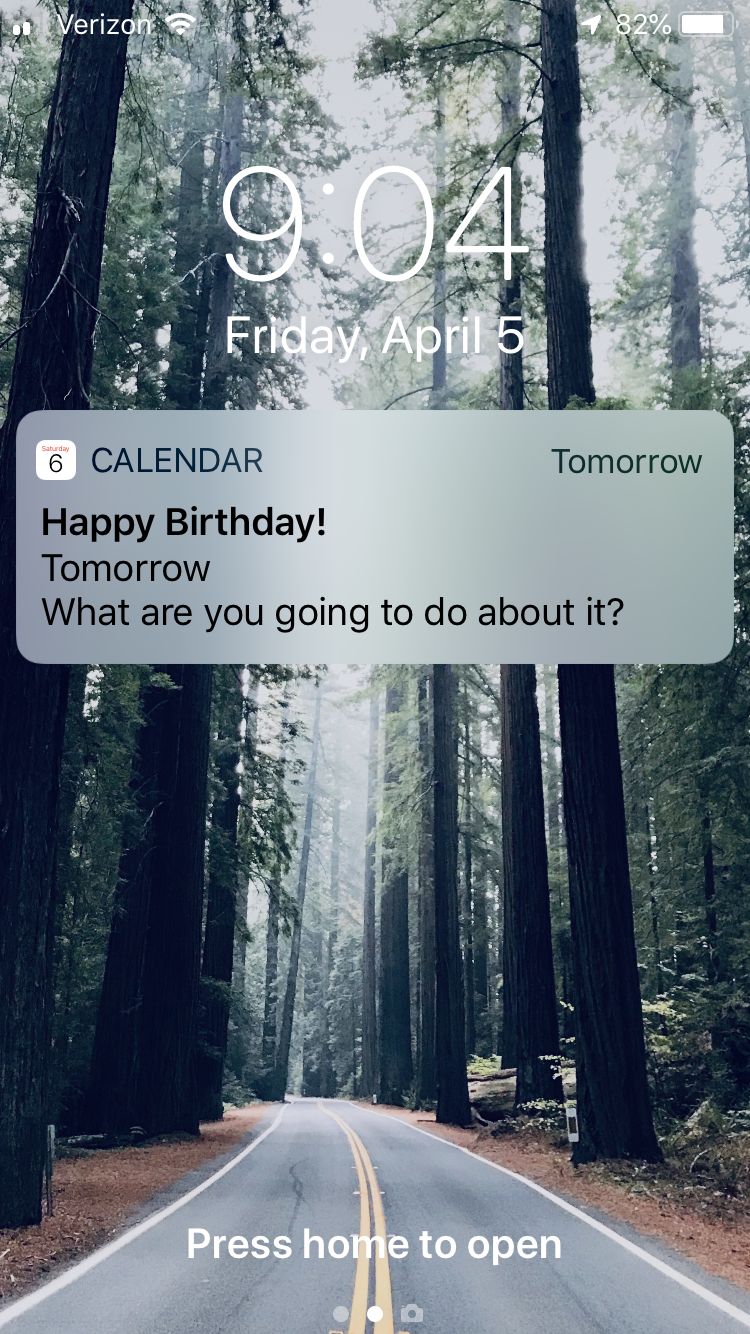Late last year I was flipping through a “Time” magazine when I stumbled upon a column by Michael Kinsley called “The Leader We Deserve” (http://tiny.cc/6lTc4). I was reading along, marginally interested, when I came across the following lines:
“One attribute we don’t need, although commonly associated with greatness in a leader, is empathy….What we need instead from a leader is astringency. Astringency means telling people what they don’t want to hear and leading them where they don’t want to go. It’s not comforting people about their current situation and reassuring them it will get better. It’s telling them that the situation is likely to get worse and that only their efforts can determine how soon it will start getting better. “
In leadership coaching we talk an awful lot about the importance of confrontation. About how when we collude with our clients about their situation we keep them stuck. And, why? Because confrontation is uncomfortable. And, if we are not confronting – either as coaches or as leaders – nothing will move and nothing will change. The client or team member may feel better because someone listened but they won’t have to experience the discomfort of accountability which motivates so much meaningful progress.
When I read Kinsley’s words, I realized that I hadn’t been playing big enough. I decided that now more than ever the best kind of help I can give to my clients and colleagues is to expect more. My goal in every conversation, in every interaction, in every venue is to ask the next question, to use empathy as a platform for confrontation, not as end in itself, to shift the conversation away from blame to one of responsibility. Let me tell you, it is not easy to stay intense about this and I give myself an “A” for my progress so far. Most importantly, I am deeply encouraged by how much actually happens when I say the “un-sayable” or ask the “un-askable.”
Thanks, Mr. Kinsley.



